H.R. 5355: Ian Kalvinskas Pediatric Liver Cancer Early Detection and Screening Act
The Ian Kalvinskas Pediatric Liver Cancer Early Detection and Screening Act aims to enhance the early detection and treatment of pediatric liver diseases, especially liver cancer, in children. The bill includes several key provisions, which can be summarized as follows:
Short Title
The bill may be referred to as the Ian Kalvinskas Pediatric Liver Cancer Early Detection and Screening Act.
Findings
Congress acknowledges specific findings that highlight the urgency for earlier detection of pediatric liver diseases:
- The life of Ian Kalvinskas, a teenager who underwent a liver transplant and ultimately died from cancer, underscores the need for better screening.
- Pediatric liver tumors are increasing, with hepatoblastoma diagnosed in approximately 1.7 cases per million children annually. The survival rate varies significantly based on when the tumor is diagnosed.
- Biliary atresia, a critical condition requiring newborn screening, has better outcomes when treated early (before 60 days of life).
- Some clinically validated tools exist that can effectively detect cholestatic liver disease in newborns, primarily through tests that measure direct bilirubin levels.
- Many infants and older children on the liver-transplant waitlist face long odds, including high mortality rates before receiving a transplant.
- Providing living-donor liver transplants could alleviate some of the issues related to donor organ shortages.
- Children with rare liver diseases often need special advocacy to receive timely transplants.
Study on Pediatric Liver Disease Outcomes
The bill mandates the Government Accountability Office (GAO) to conduct a study that focuses on:
- Federally funded initiatives aimed at improving early detection and treatment of pediatric liver tumors, including healthcare provider education and research into risk factors.
- Data on pediatric liver-transplant waitlist mortality, which should consider factors like geography, race, insurance status, diagnosis, and illness severity.
- The cost-effectiveness of adding direct-bilirubin screening for biliary atresia to state newborn-screening panels.
The results of this study are to be reported back to Congress within one year of the bill's enactment.
Public Education Program
The bill establishes a public education program overseen by the Secretary of Health and Human Services, which will:
- Create and distribute easy-to-understand materials about the early signs of pediatric liver disease.
- Inform the public about the safety and options available for living liver donation.
This program may coordinate with existing CDC initiatives and disseminate materials through various public-education efforts to promote awareness about liver diseases, pediatric cancer, and living-organ donation. A report on the program's effectiveness is required to be submitted to Congress three years after its initiation.
Funding
No additional funds will be authorized specifically for carrying out the public education program outlined in this bill.
Relevant Companies
None found
This is an AI-generated summary of the bill text. There may be mistakes.
Sponsors
11 bill sponsors
-
TrackJim Costa
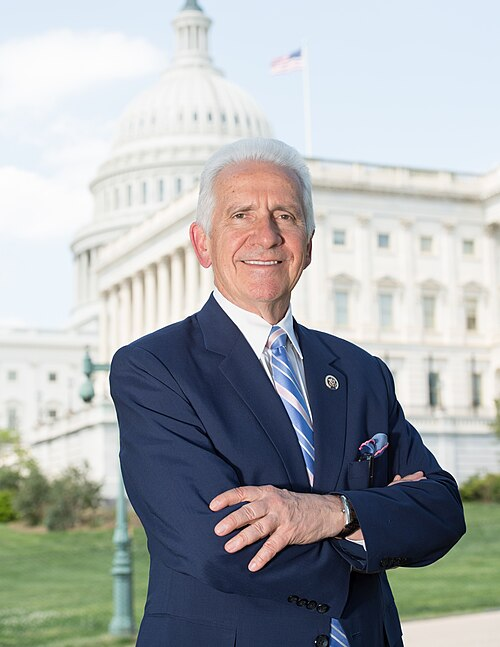
Sponsor
-
TrackDon Bacon
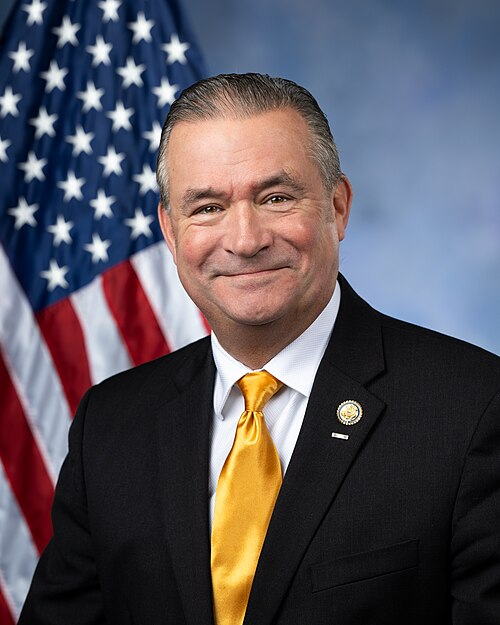
Co-Sponsor
-
TrackRobert Bresnahan

Co-Sponsor
-
TrackDebbie Dingell

Co-Sponsor
-
TrackJosh Gottheimer

Co-Sponsor
-
TrackBill Huizenga
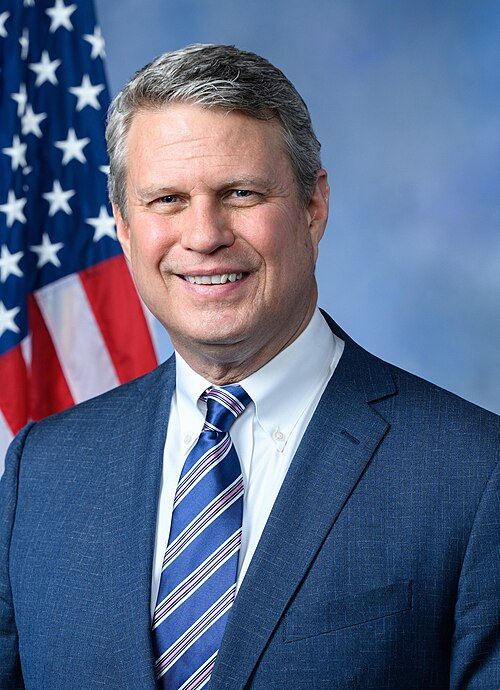
Co-Sponsor
-
TrackRyan Mackenzie
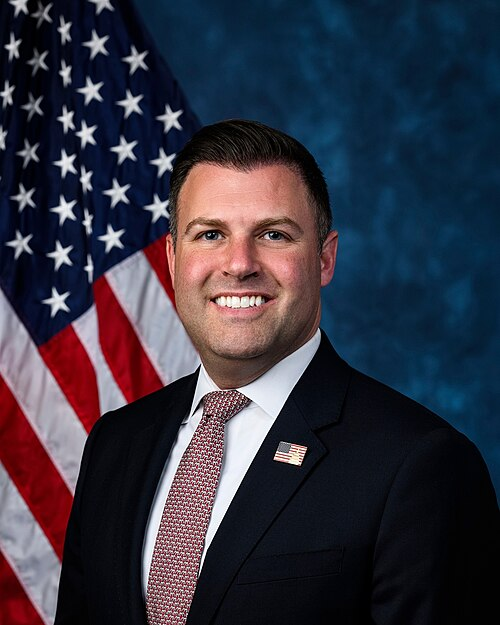
Co-Sponsor
-
TrackEleanor Holmes Norton

Co-Sponsor
-
TrackRashida Tlaib
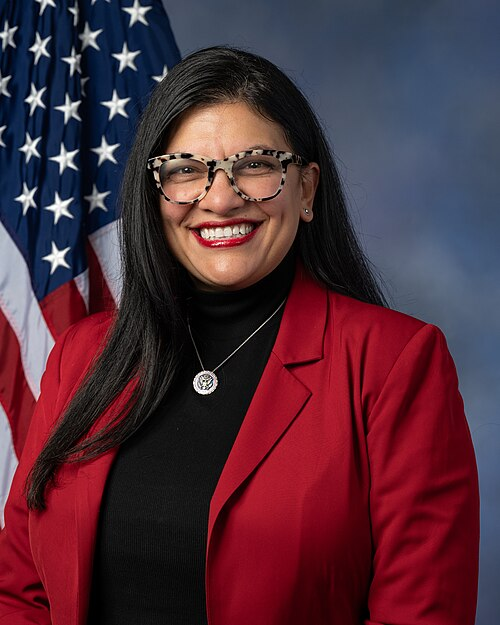
Co-Sponsor
-
TrackBeth Van Duyne
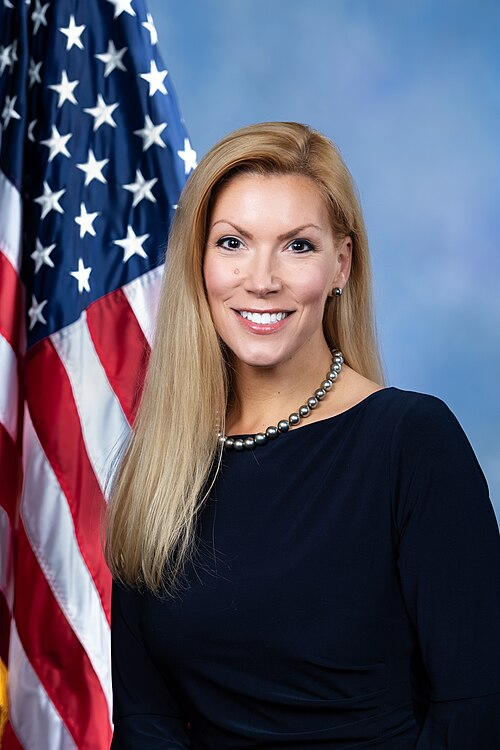
Co-Sponsor
-
TrackDebbie Wasserman Schultz
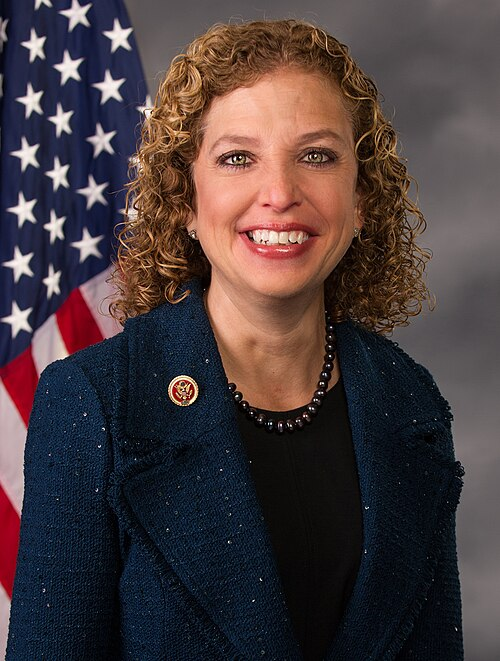
Co-Sponsor
Actions
3 actions
| Date | Action |
|---|---|
| Sep. 18, 2025 | Sponsor introductory remarks on measure. (CR H4418) |
| Sep. 15, 2025 | Introduced in House |
| Sep. 15, 2025 | Referred to the House Committee on Energy and Commerce. |
Corporate Lobbying
0 companies lobbying
None found.
* Note that there can be significant delays in lobbying disclosures, and our data may be incomplete.
Potentially Relevant Congressional Stock Trades
No relevant congressional stock trades found.